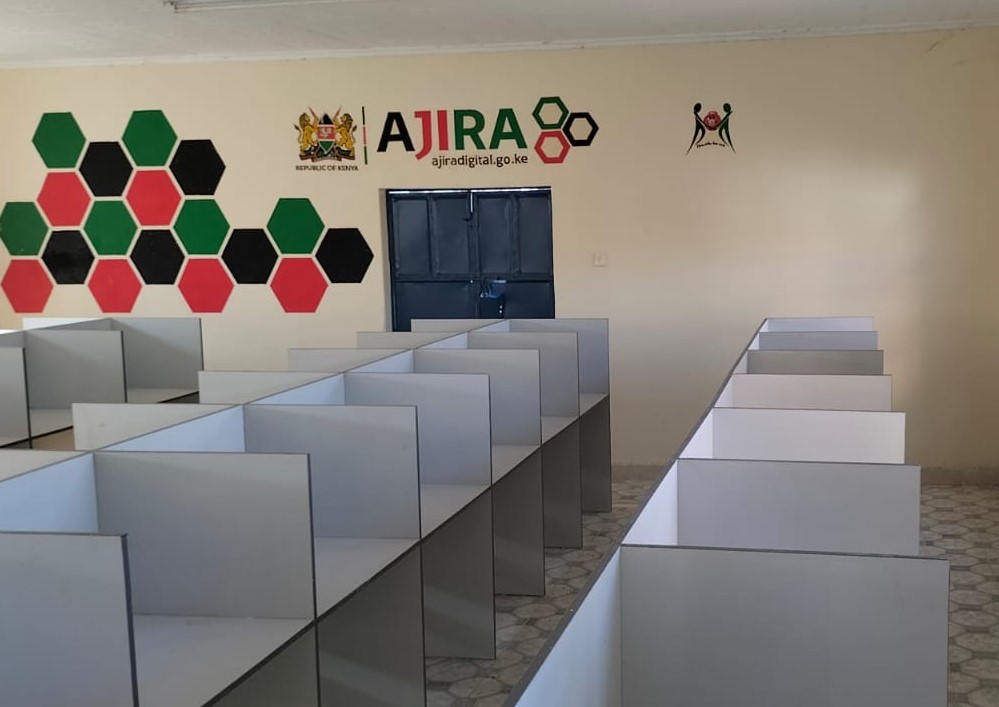Kenya’s private sector activity in May dips for the first time in seven months

The negative performance across the sectors is mainly attributed to the rising prices, which contributed to a drop in customer spending and weaker business activity.
Kenya's private sector activity shrank in May for the first time in seven months, weighed down by weaker performance in the construction, wholesale and retail, and services sectors, the latest monthly business barometer has shown.
The Stanbic Bank Kenya Purchasing Managers' Index dropped to 49.6 in the month under review from 52.0 in April, indicating a slight decline in the health of the private sector economy.
More To Read
- Kenya's inflation climbs to 4.1 per cent amid fluctuating food prices, fuel costs
- Kenya’s economic recovery in limbo as fiscal, debt pressures persist - Moody’s
- Emerging businesses in Kenya faced toughest years in 2024 and 2025, experts say
- KIPPRA flags job creation as key concern despite Kenya’s economic growth
- June sees deepening slump in Kenya’s private sector following protests, weak consumer spending
- Stanbic Bank ordered to pay Sh32 million over tender security bond error
A reading above 50.0 reflects growth in business activity, while a figure below indicates contraction.
“Total business output contracted at the fastest rate in ten months in May, although the overall downturn was only slight,” Stanbic Bank Kenya said in the survey report.
It highlights that 33 per cent of respondents reported a decline in output since April, while 29 per cent observed an increase.
“Declines were generally driven by the construction, wholesale & retail and services sectors, whereas output increased in agriculture and manufacturing.”
The negative performance across the sectors is mainly attributed to the rising prices, which contributed to a drop in customer spending and weaker business activity.
Input prices ticked up at their fastest pace in four months, but overall cost pressures remained much softer than on average.
Conversely, selling charges rose at the weakest rate since last October, as firms sought to ease the price burden on customers.
Christopher Legilisho, Economist at Standard Bank, said the increases in materials prices were related to tax and customs obligations.
Also in the month under review, the survey shows order book inflows decreased at a modest pace, marking the first contraction since September 2024.
According to monitored firms, customer demand was lower due to rising prices and challenging economic conditions.
On the other hand, several firms still cited gaining new clients and benefiting from greater marketing.
Stocks of purchases across the private sector rose for the fifth month running in May. However, a slight dip in input buying meant that the rate of accumulation was the slowest since February.
Staff numbers also grew, albeit only slightly, as firms largely commented on the hiring of short-term labour in order to finalise orders.
Business expectations for the next 12 months remained subdued, ticking down to their second-lowest on record.
Just four per cent of the surveyed firms anticipate an improvement in output, citing expected branch openings and new marketing strategies.
Top Stories Today














































